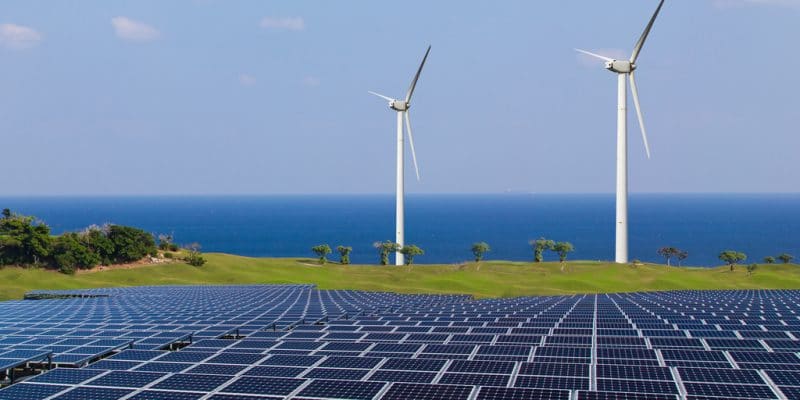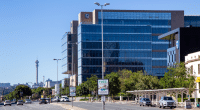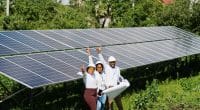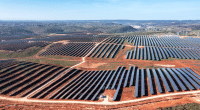The ECOWAS Bank for Investment and Development (EBID) and the Private Finance Advisory Network (PFAN) have signed a partnership agreement to promote renewable energy within the Economic Community of West African States (ECOWAS). The agreement was concluded on April 10, 2019 at the EBID's headquarters in Lomé, the capital of Togo.
Pool efforts and encourage private investment in renewable energy production are the objectives of the agreement that now links the EBID, the Investment Bank of the Economic Community of West African States, to the Private Finance Advisory Network (PFAN). The agreement was initialled by EBID’s Chairman, Bashir Mamman Ifo, and PFAN’s General Coordinator, Peter Storey. This multilateral and public-private partnership was initiated by the United Nations Framework Convention on Climate Change (UNFCCC).
One score for each part
Under the terms of this agreement, PFAN will have to identify, prepare and mobilise resources for promising projects in the green energy sector. In fact, the organisation is currently preparing a workshop to review about 20 such projects.
EBID will be responsible, within the framework of this agreement, for finding the financing to support the innovative projects that will have been identified by the PFAN. To this end, a call for applications has already been opened online to allow young entrepreneurs to present their ideas to the jury. It can be accessed via the following link: https://pfan.net/submit-a-proposal/how-to-make-a-submission/. Applicants will be required to provide a business plan outlining the philosophy of the project and its financial model.
According to the International Renewable Energy Agency (IRENA), electricity consumption in West Africa will increase fourfold by 2030 to 219 TWh per year, compared to 52.5 TWh in 2015. The expansion of renewable energy could improve electricity supply in this part of the continent where the access rate is 52%, with an average of 80 hours of power cuts per month, according to World Bank data.
Luchelle Feukeng







